
Nursing Assistants, under many names are the secret weapons to a good wound care team. They are the eyes and ears for your patients, they are built-in skin checkers and provide a valuable asset to any wound care program when properly trained.

Arming the Nursing Assistant with Knowledge
The CNA Wound Care Series course introduces Nursing Assistants to concepts about wound care and preventing pressure injuries. Our focus is on improving observation of skin and wound conditions, knowing what is problematic with an emphasis on reporting observations to nursing. The result: Your CNAs become wound care superheroes!
Created by Wound Care Clinicians
This course explains wound care fundamentals, taught at the Nursing Assistant level. It extends the knowledge base those working closest with your patients. Our 6 modules are each 10 min in length, perfect for huddles or focused learning at a fast pace.
Who should take this course?
Nursing Assistants with their many names and credentials, CNAs, RNAs, QMAs, MAs, etc.
How is the course sold and why?
The course is sold in a group of individual seats and is purchased by organizations for their clinicians. We believe that the case management of wounds in an agency requires a TEAM EFFORT. We encourage agencies to train all clinicians who do wound care in the same skills and methods to maximize the benefit of the training and the outcomes achieved.
What You’ll Learn
Nursing assistants will learn essential wound care concepts like:
This is the heading
The role of the Nursing Assistant in Pressure Injury (PI) prevention
This is the heading
Positioning to prevent or offload PI risk patients, including contractures and splints
This is the heading
Reviewing incontinence and how it increases PI risk. The role of the nursing assistant in incontinence prevention and protection of the skin.
This is the heading
How good nutrition and hydration can prevent PI and help heal wounds
This is the heading
How to encouraging good nutrition and hydration
This is the heading
The causes of Medical Adhesive Skin Injuries and how to prevent
This is the heading
Types of Moisture Associated Skin Damage and prevention of open areas
This is the heading
The identification of Edema in the geriatric population, the risks of wounds, and when to report to nursing
Course Detail
- 100% Online
- 6 modules of 10 minutes
- Perfect for huddles or focused discussions
Course Features
- Video Narration
- 6 Month Access
- Desktop or Mobile
- Downloadable certificates of completion
Purchase & Enroll
Interested in more than 10 seats? Call us for a custom quote at:
Course Modules
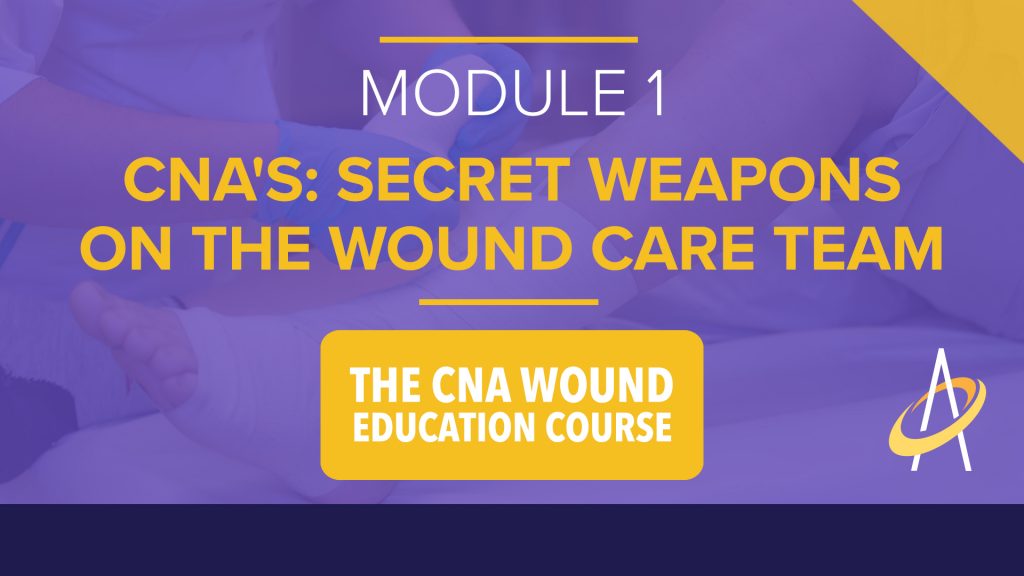
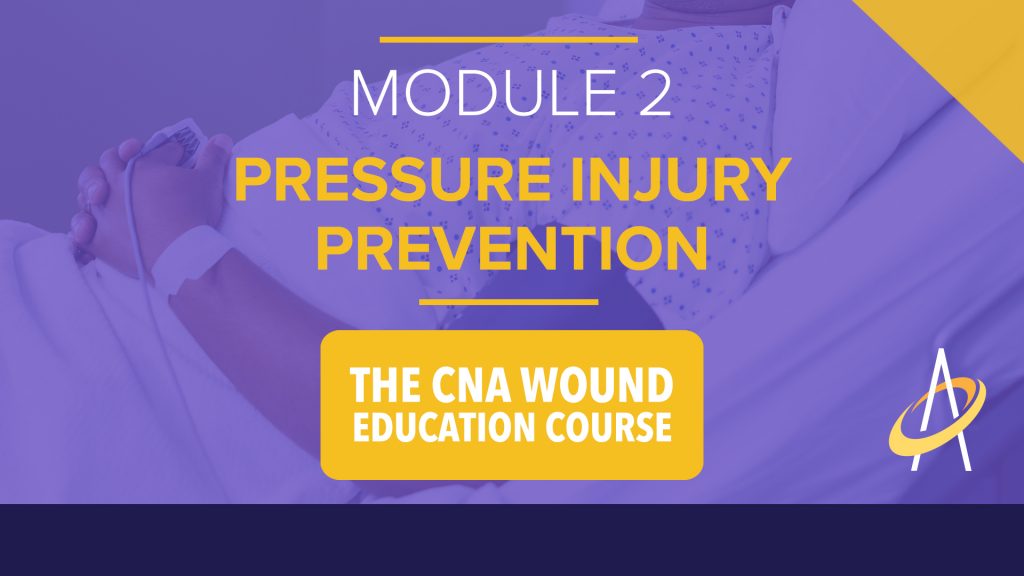
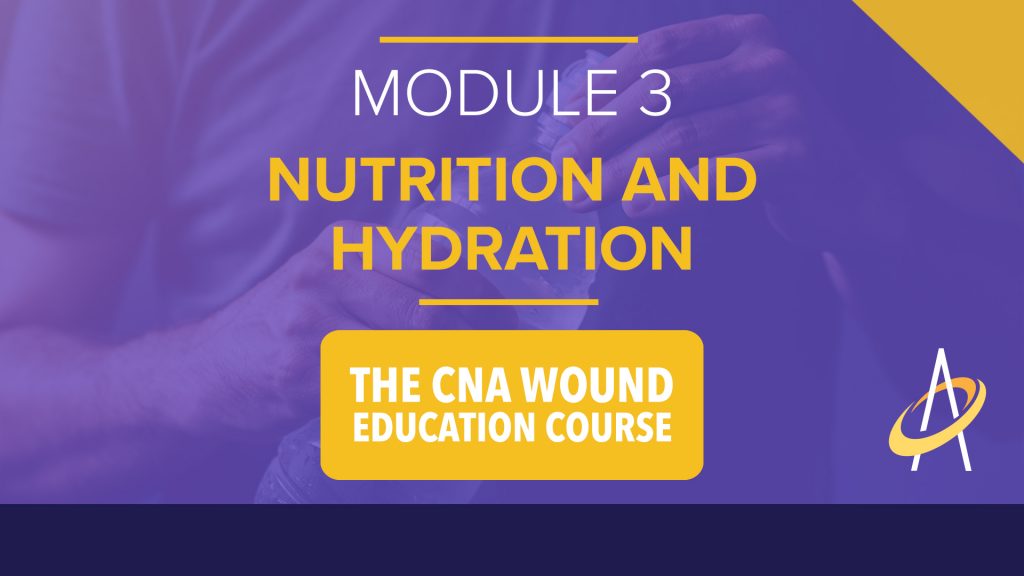
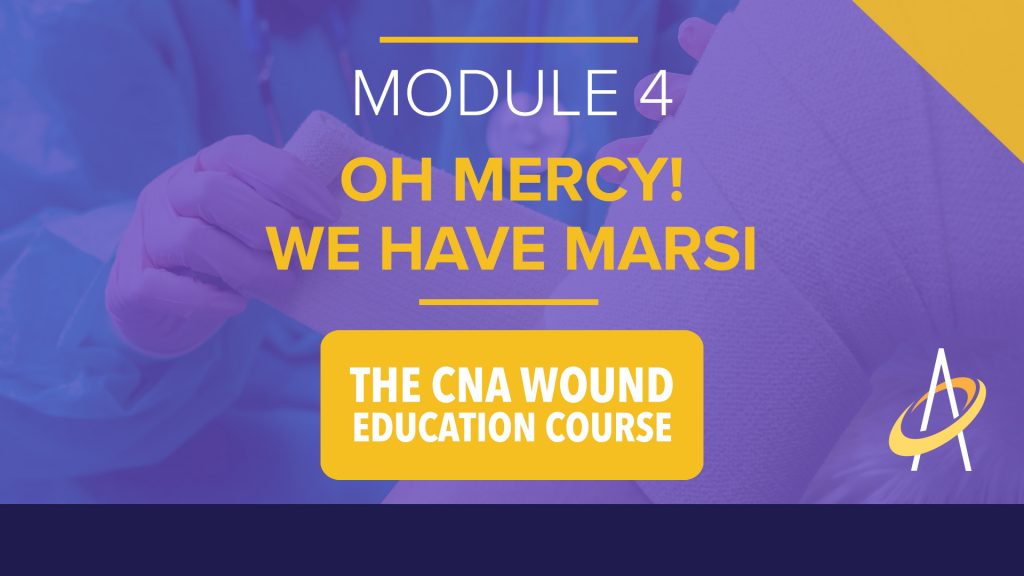
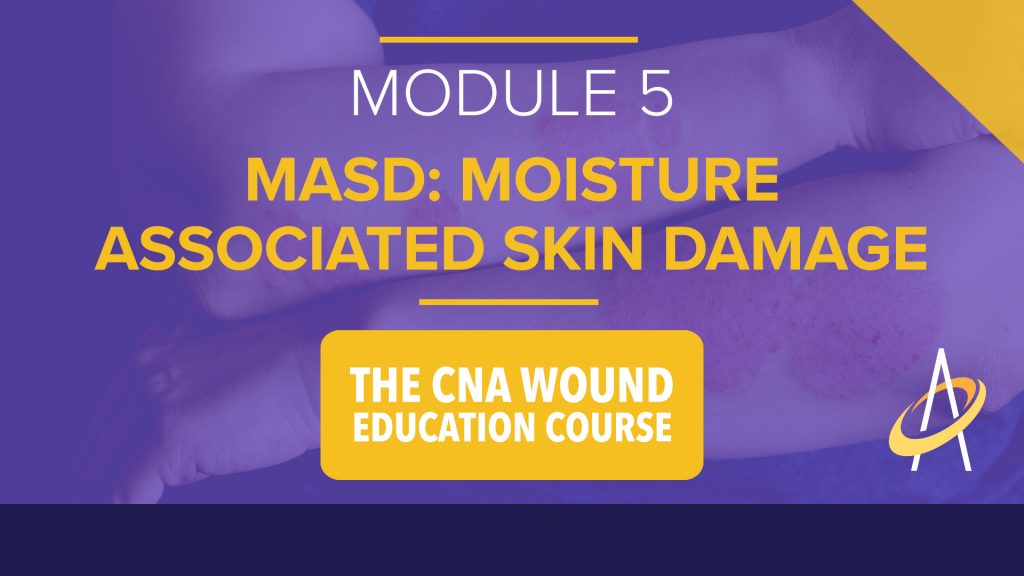
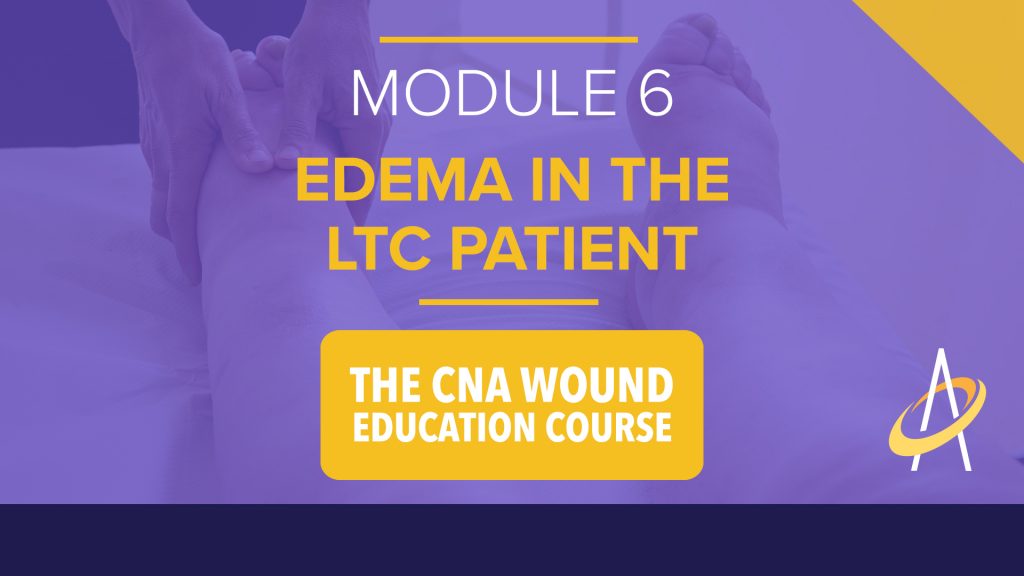
Instructor
This course contains a uniquely collaborative approach of nursing and therapy perspectives. The dynamic presentation style of Denise Richlen engages and entertains students while reinforcing evidence-based practices for wound care.
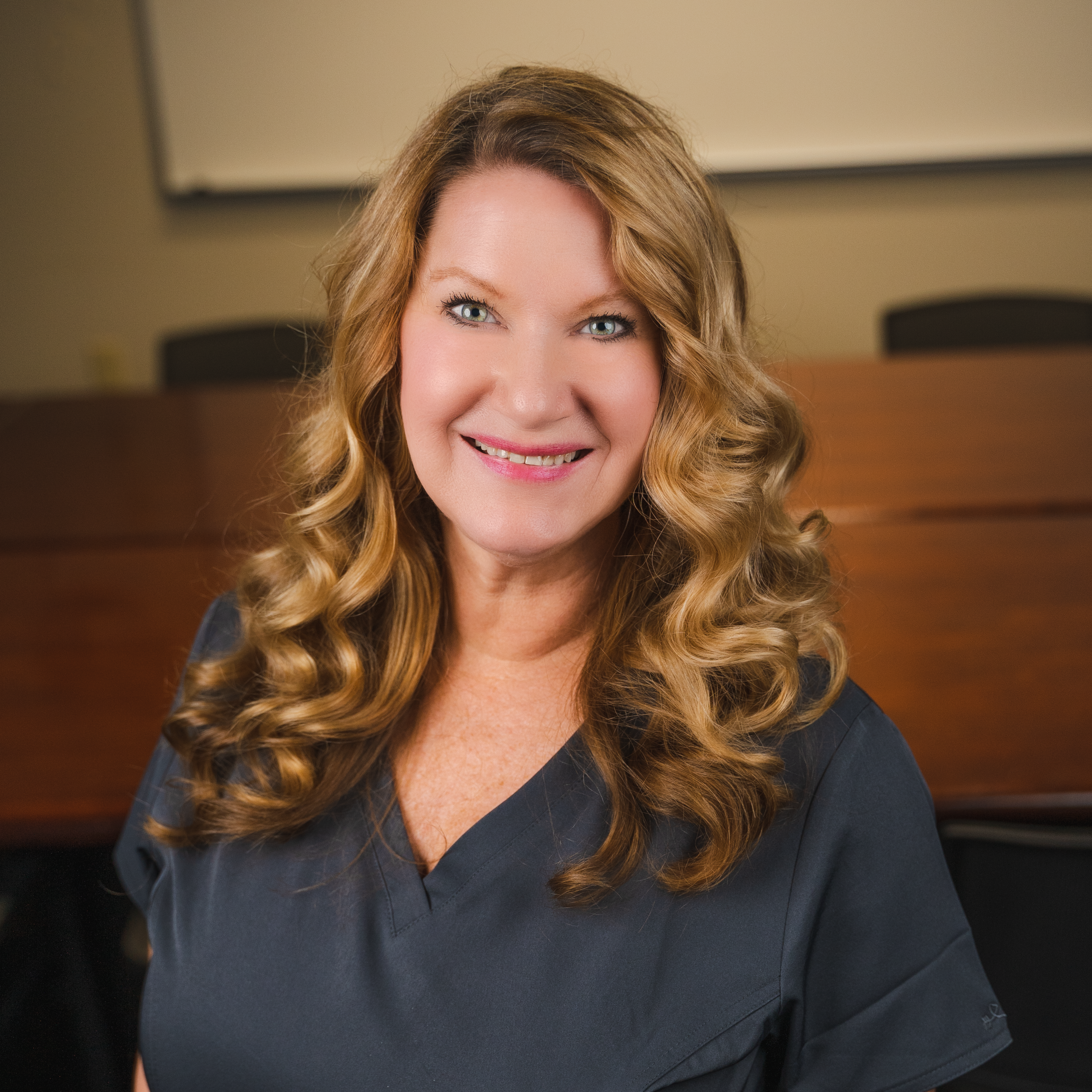
Denise Richlen
Archangel
Executive VP of Wound and Ostomy Management Solutions
PT, WCC, DWC, CLT, OMS
Treating clinician, mentor, instructor, and consultant in wound care for over 30 years in a multitude of acute and post-acute settings including private practice, home health and LTC
Author of hundreds of classes, webinars and blogs regarding post-acute care
Instructor for Relias and WCEI, teaching webinars as well as the WCC and DWC certification prep courses
Speaker and presenter at many national wound care and lymphedema conferences including Wild On Wounds, Wipe Out Wounds, National Lymphedema Network, Mayo Wound Symposium, Kaiser Permenante Wound Education
Co-owner/ COO of Wound Care Gurus, LLC